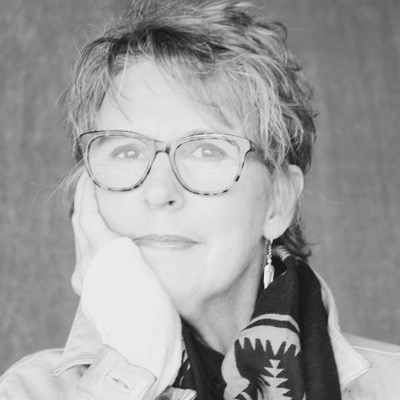The power of our voice is immense. With it we come out of closets or lock ourselves in someone else’s skin, take leaps of faith or cling to the guardrail, tie a knot in the end of our rope or dig our pits a little deeper, ask for a well deserved raise or settle for what we are offered, create a loving relationship or stay in toxic ones, accuse the rapist in spite of our fear or suffer in shame because of it, ask for help or flounder and fall, ask for forgiveness or defend our transgressions. Our voice resonates through every thought, word, choice and action. And since actions speak louder than words, sometimes we speak the loudest without uttering a word. Rosa Parks didn’t stand up and give a speech. She sat down and changed the world. [ 1 ]
Several years ago during a certification process that would enable me and the others in our cohort to facilitate a high level leadership program for a global organization, we each had the opportunity to lead the rest of the group through a short portion of the material. At the end of each of our times in the front of the room, the rest of us offered feedback to help strengthen our delivery. That was the first time I officially remember hearing the impact that “upspeak”, a rising tone at the end of a sentence, can have on the delivery of a message.
One of our cohort, a whip-smart, thoughtful, and articulate woman delivered her material with confidence, connection, clarity, and, a healthy smattering of upspeak, undermining the strength of her message, and causing me to question the competence that I knew her to have. Along with the many things she had done well, I carefully offered my perspective on her use of uptalk, and as I remember it, it was news to her. She didn’t even hear herself doing it.
Upspeak is a common occurrence, having almost become a culturally accepted norm, and I hear it everywhere. It doesn’t just drive me nuts, it makes me sad. It turns any sentence into a question, softens a message whether it needs softening or not, comes across as an appeal for reassurance, and undermines whatever strengths are being called upon to speak up.
But here’s the thing.
Our voice is the instrument with which we communicate who we are to the world, and for many of us, it has taken us far too long to discover it, much less learn how to unapologetically use it. The world needs our voice now more than ever, and we each need to do the hard work of figuring out who we are, what we stand for, and then with heads held high, to speak up.


